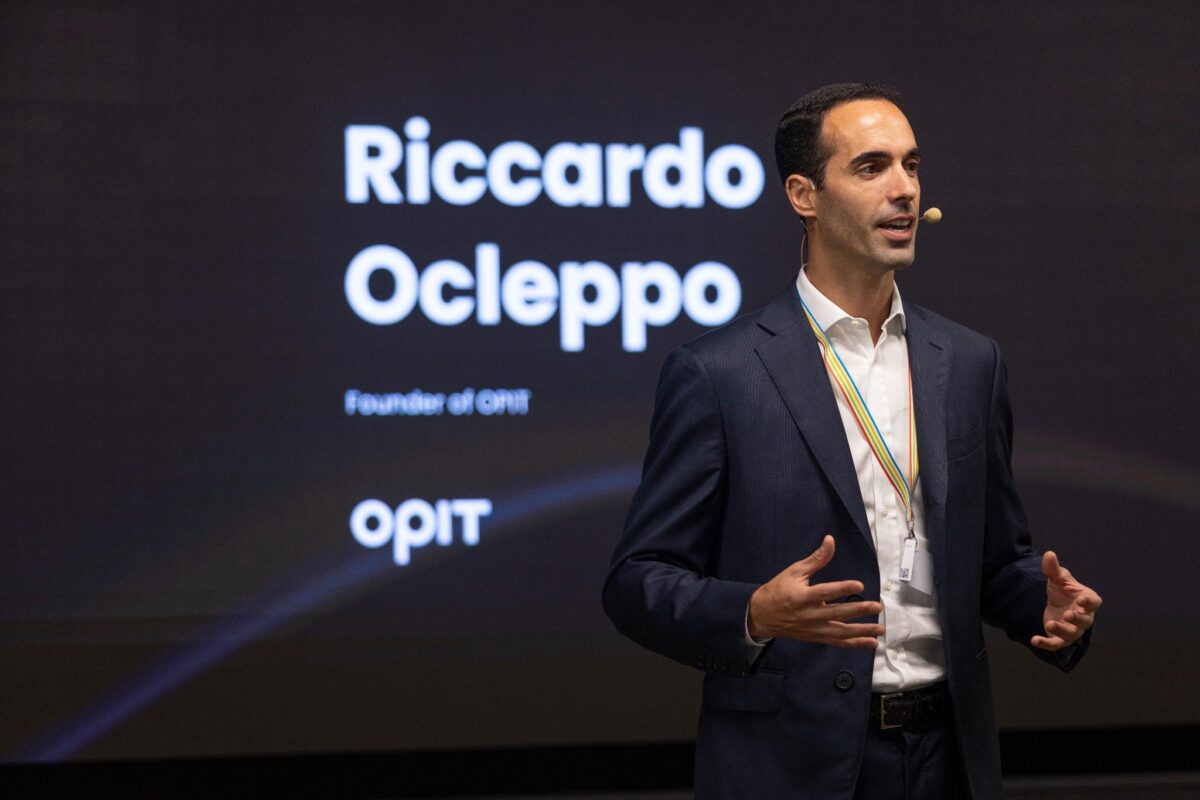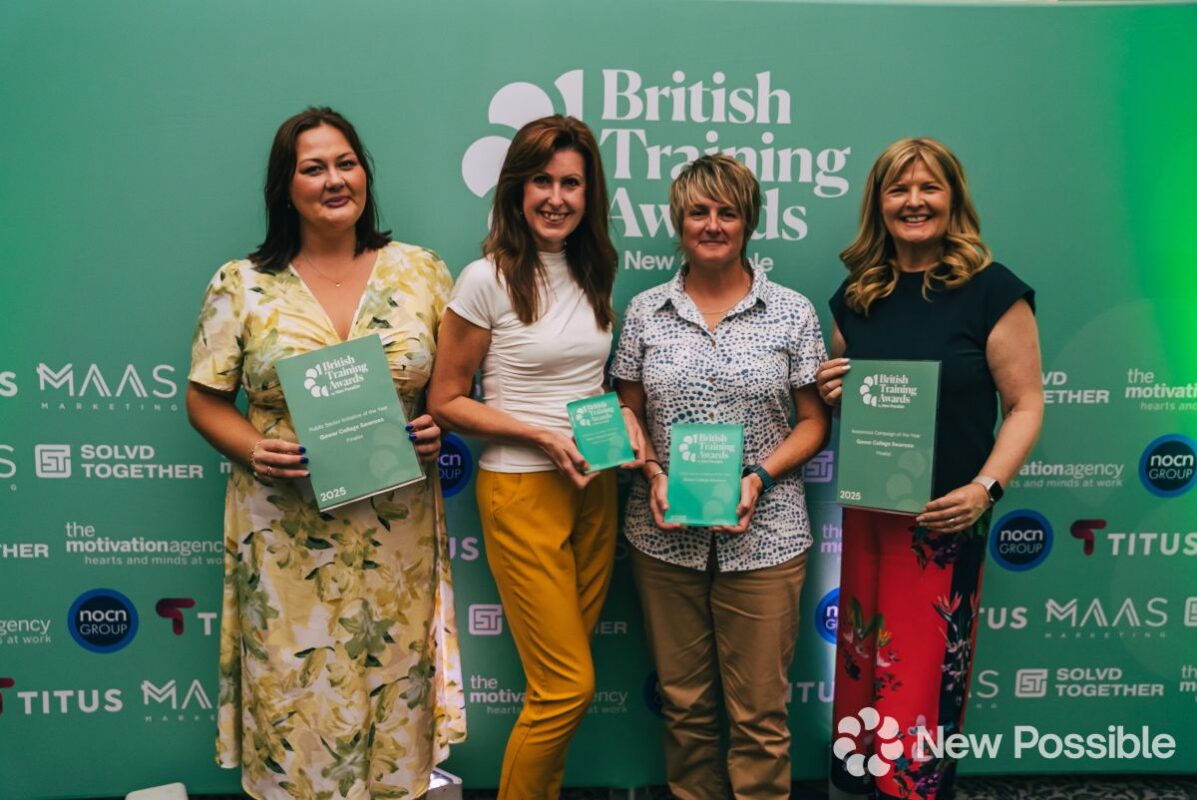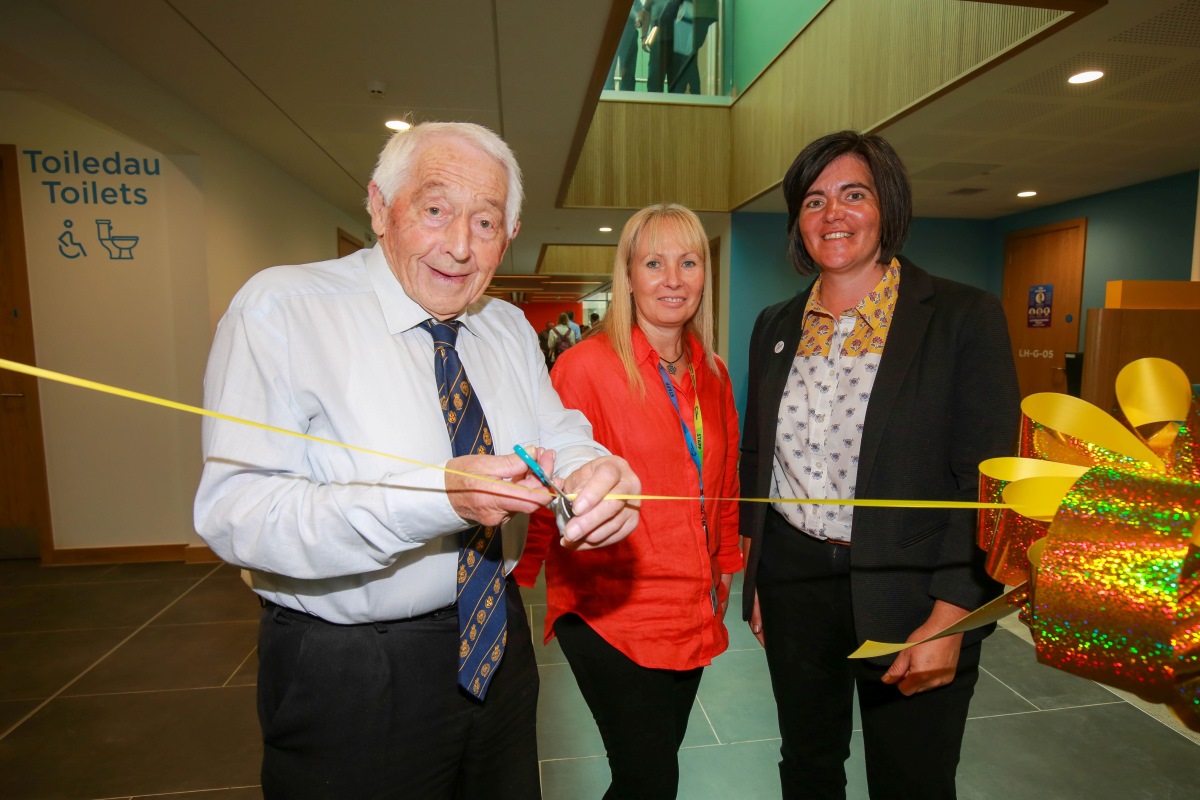Brighton rides high in delivery of wider partnership benefits

New Knowledge Exchange Framework (KEF) results have placed University of Brighton in top tiers for delivering diverse economic and social benefits with partners.
Research England’s just-released second Knowledge Exchange Framework (KEF2) saw University of Brighton performing highly across an array of key categories. The University achieved ‘Very high’ rating for its research partnerships as well as community and public engagement, complemented by ‘high’ ratings for its working with both businesses and the public sector.
The KEF2 rankings draw on data provided by Higher Education Providers (HEP) across the UK to spotlight activities undertaken when they use, share and apply new knowledge. The rankings demonstrate the University of Brighton’s sector leading commitment to nurturing effective relationships and transformative collaborations. This builds on the University’s reputation for producing innovative research that provides positive, tangible and sustained impact through its knowledge exchange activity.
Professor Rusi Jaspal, Pro-Vice-Chancellor (Research and Knowledge Exchange) at the University of Brighton, said:
“The latest Knowledge Exchange Framework rankings spotlight how an ever-growing range of business and community partnerships are drawing on the deep pool of expertise at University of Brighton. Through these partnerships and collaboration, we are applying innovative solution-focused research to tackle important global challenges which make a tangible and sustained environmental, social and economic impact.”
University of Brighton Knowledge Exchange in action
Led by University of Brighton, in partnership with West Sussex County Council and the University of Sussex, the RISE (Research Innovation in Sussex Excellence) project provides small and medium-sized businesses (SMEs) based in West Sussex with fully-funded access to innovate research expertise to create new or adapt existing products, processes or services that enable growth within their business.
The University’s Help to Grow programme, meanwhile, is now working with its second cohort of leaders and senior managers from small and medium-sized businesses across East and West Sussex, drawing on expertise at Brighton which is helping drive productivity and growth. Input by experts from the University’s School of Business and Law includes workshops, seminars and mentoring as part of the Help To Grow programme.
Building on past success
In the 2021 KEF rankings, University of Brighton laid down a strong foundation for this year’s outstanding results. Highlights for the University in the 2021 rankings included:
- top 10% of universities for Public and Community Engagement
- top 20% for Skills, Enterprise and Entrepreneurship
- top 30% for Research Partnerships and
- top 40% for Work with the Public and Third Sector. Continuing initiatives which the University is building on include the BRITE (Brighton Research and Innovation Technology Exchange) programme, which provides SMEs with access to the latest innovation research and expertise, research and development support, specialist facilities, and access to a modern innovation hub to support business growth. This year’s outstanding performance in KEF2’s Public and Community Engagement ranking also builds on initiatives such as University of Brighton’s pioneering Community University Partnership Programme (CUPP) and the Ignite initiative, which have drawn on funding and expertise to work with local partners to produce community-led solutions to issues such as Brighton’s housing crisis and microplastics pollution in Chichester Harbour. Other groundbreaking work includes the Young Men Matter project established by the university’s Centre of Resilience for Social Justice.
Since the previous KEF rankings, the School of Business and Law (SBL) – pictured below – has gained the Small Business Charter Award in recognition of influential support of local enterprises, SMEs and start-ups, along with its commitment to local growth and regeneration.
Meanwhile, the university’s Clean Growth UK programme – a business-innovation network with more than 2,500 members – continues to link member companies into Brighton’s academic expertise to help them develop and commercialise environmental solutions and transition to net zero.
The University of Brighton also continues to build on strategic partnerships with 22 NHS trusts and 14 Clinical Commissioning Groups to provide placement opportunities and new apprenticeship routes to qualification.











Responses